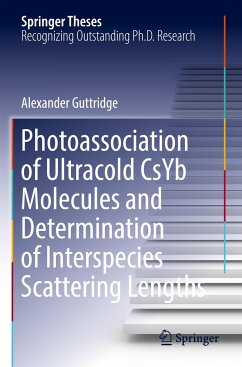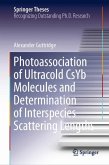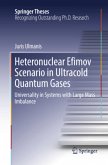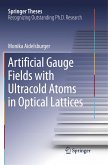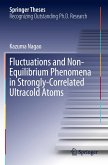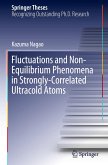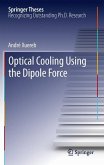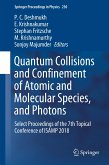This thesis lays the groundwork for producing a new class of ultracold molecule by associating an alkali-metal atom and a closed-shell alkaline-earth-like atom, specifically Cs and Yb. Such molecules exhibit both a magnetic dipole moment and an electric dipole moment in their ground state. This extra degree of freedom opens up new avenues of research including the study of exotic states of matter, the shielding of molecular collisions and the simulation of lattice spin models.
In detail, the thesis reports the first and only ultracold mixture of Cs and Yb in the world, giving details of the methods used to cool such contrasting atomic species together. Using sensitive two-colour photoassociation measurements to measure the binding energies of the near-threshold CsYb molecular levels in the electronic ground state has allowed the previously unknown scattering lengths to be accurately determined for all the Cs-Yb isotopic combinations. As part of this work, theone-photon photoassociation of ultracold Cs_Yb is also studied, yielding useful information on the excited-state potential. Knowledge of the scattering lengths enables a strategy to be devised to cool both species to quantum degeneracy and, crucially, determines the positions of interspecies Feshbach resonances required for efficient association of ground-state CsYb molecules. With these results, the prospect of bringing a new molecule into the ultracold regime has become considerably closer.
In detail, the thesis reports the first and only ultracold mixture of Cs and Yb in the world, giving details of the methods used to cool such contrasting atomic species together. Using sensitive two-colour photoassociation measurements to measure the binding energies of the near-threshold CsYb molecular levels in the electronic ground state has allowed the previously unknown scattering lengths to be accurately determined for all the Cs-Yb isotopic combinations. As part of this work, theone-photon photoassociation of ultracold Cs_Yb is also studied, yielding useful information on the excited-state potential. Knowledge of the scattering lengths enables a strategy to be devised to cool both species to quantum degeneracy and, crucially, determines the positions of interspecies Feshbach resonances required for efficient association of ground-state CsYb molecules. With these results, the prospect of bringing a new molecule into the ultracold regime has become considerably closer.

